
Deniz ÜNVER
Independent Researcher
With the war in Ukraine, Europe faced an intense energy crisis. The effects of the energy crisis have manifested themselves in every possible sector of the European economies. The energy prices have inflated, and the cost of competitiveness of EU economies has decreased, in particular. This has resulted in a decrease in energy consumption in Europe. EU’s natural gas consumption has reduced by approximately 20% per cent between August and January[1]. Before this, the target of a 15% per cent decrease in natural gas consumption was agreed upon in the EU in case Russia would cut gas supplies to the EU suddenly, as a retaliation for Western sanctions imposed on Russia for the war in Ukraine[2].
In this situation, the natural gas delivery from Turkmenistan was viewed as a solution for the energy crisis of EU economies. The trilateral meeting between Türkiye, Azerbaijan and Turkmenistan, which took place in Awaza, Azerbaijan, on December 14, 2022, has raised the expectations that the natural gas reserves of Turkmenistan can be a solution for the energy crisis of the European countries. It was stated by the Turkish President that the sides discussed the technical and financial details of delivering Turkmen gas to European markets via TANAP.[3]. It was thought that Turkmenistan could deliver its natural gas to Europe bypassing Russia and could be a partial solution to solve the European energy crisis. Thus, Turkmenistan could directly sell its gas in European markets.
However, the visit of Gazprom chief Aleksei Millner, on February 15 to Ashgabat to meet both with Turkmen President Serdar Berdimuhamedov and Gurbanguly Berdimuhamedov[4] has ultimately altered this view.
It was reported that the sides discussed energy cooperation, the modernization of oil and gas enterprises, developing the efficiency of the extraction sector and finally, the diversification of the export of suppliers[5], during Gazprom Chief Millner’s visit. Further analysis of buying Turkmen gas by Russia was not indicated in the official releases. Nevertheless, the visit of Gazprom chief resulted in speculations that Russia has the aim of using the natural gas reserves of Turkmenistan as an asset rather than an obstacle, since Gazprom has been seeking to increase its influence in international gas markets[6]. It is widely commented or speculated that Gazprom chief's visit meant that Moscow is ultimately against the establishment of the Trans Caspian Pipeline, which will connect Turkmenistan to Azerbaijan and send gas to Europe and in return, Ashgabat was offered to become a full member of the gas analogue of OPEC[7].
Indeed, the Trans Caspian Pipeline planned to transport the natural gas of Turkmenistan via an offshore pipeline crossing the Caspian Sea to Azerbaijan, Türkiye and reaching Central Europe, has always been objected by Russia as well as Iran. The reason for this opposition by Russia was based on ‘ecological reasons’, whereas Iran voiced different reasons.
In 2021, Turkmenistan sold approximately ten bcm of gas to Gazprom[8]. Before 2021, Russia again bought gas from Central Asia to supply its Southern regions[9]. Many experts assumed that Russia intends to buy cheap gas from Turkmenistan, and this means that Turkmen gas will not reach to European markets directly[10].
According to a similar assumption, Millner’s visit aimed to arrange and consolidate this previous deal to prevent the establishment of the Trans Caspian Pipeline[11]. Therefore, according to Vzglad na Vactok, a Russian Newspaper, Russia intends to encourage Turkmenistan to transport its gas to Türkiye via Iran with a swap agreement[12]. In this way, the transportation of Turkmen gas via the Trans Caspian Pipeline to European markets, in a direct way, will no longer stand as an option for Turkmenistan.
It is known that Russia is no longer the first importer of gas from Turkmenistan[13], whose budget is much dependent on natural gas revenues. Currently, the number one importer of Turkmen gas is China, which imports Turkmen gas four times more than Moscow[14]. However, it can be understood that the trade and energy ties between Russia and Turkmenistan have consolidated despite this fact. It is worth mentioning that the companies of Turkmenistan and Russia have agreed to sign 50 deals worth of approximately $2.2 billion during a business forum that took place in Ashgabat, Turkmenistan[15]. It was stated by the Turkmen Deputy Prime Minister and Foreign Minister that Turkmenistan was arranging to develop energy cooperation with Moscow[16]. In addition to this, Kyrgyzstan, where Gazprom has strong influence, has stated that it intends to buy Turkmen gas from time to time[17]. When the current conflicts and the war in Ukraine are considered, it can be suggested that the project of transporting Turkmen gas via Trans-Caspian Pipeline will not realize in the near future. Within this context, it would not be wrong to claim that Gazprom will continue to be the major operator in the energy markets of Turkmenistan.
In general, it can be concluded that Turkmenistan will not be able to transport its gas directly to European countries soon. Turkmenistan will probably export its natural gas to China and Russia, its traditional buyers, for some time. In this sense, Turkmenistan will not be able to diversify its customers soon, and European countries will not receive the Turkmen gas. Apparently, the EU countries will have to continue on energy conservation as long as the war in Ukraine and the sanctions imposed on Moscow continues.
*Photograph: https://eurasianet.org/turkmenistan-big-on-gas-short-on-options
[1] Jorge Liboreiro, “Energy Crisis: Gas Consumption in the EU Drops By Almost 20%, Overshooting 15% Target”, Euronews, February 21, 2023, https://www.euronews.com/my-europe/2023/02/21/energy-crisis-gas-consumption-in-the-eu-drops-by-almost-20-overshooting-15-target
[2] A.g.e
[3]“Türkiye discusses financial, technical details to bring Turkmen gas to Europe”, Daily Sabah, December 15, 2022, https://www.dailysabah.com/business/energy/turkiye-discusses-financial-technical-details-to-bring-turkmen-gas-to-europe
[4] Chris Rickleton, “A Gas OPEC? Turkmenistan Being Pushed to Follow Russia’s Lead in Gas Games”, Radio Free Europe, February 27, 2023, https://www.rferl.org/a/turkmenistan-russia-natural-gas-leverage-china/32289814.html
[5] Aygerim Sarymbetova, “Turkmen Leader, Russian Deputy PM Discuss Energy, Trade Ties”, Caspian News, February 10, 2023, https://caspiannews.com/news-detail/turkmen-leader-russian-deputy-pm-discuss-energy-trade-ties-2023-2-20-0/
[6] Chris Rickleton, “A Gas OPEC? Turkmenistan Being Pushed to Follow Russia’s Lead in Gas Games”, Radio Free Europe.
[7] Chris Rickleton, “A Gas OPEC? Turkmenistan Being Pushed to Follow Russia’s Lead in Gas Games”, Radio Free Europe.
[8] “Turkmenistan: A Bear Trap”, Eurasianet, February 11, 2023, https://eurasianet.org/turkmenistan-bear-trap
[9] A.g.e
[10] A.g.e
[11] A.g.e
[12] A.g.e
[13] A.g.e
[14] A.g.e
[15] Aygerim Sarymbetova, “Turkmen Leader, Russian Deputy PM Discuss Energy, Trade Ties”, Caspian News.
[16] A.g.e
[17] “Turkmenistan: A Bear Trap”, Eurasianet, February 11, 2023, https://eurasianet.org/turkmenistan-bear-trap
© 2009-2025 Avrasya İncelemeleri Merkezi (AVİM) Tüm Hakları Saklıdır
Henüz Yorum Yapılmamış.
-
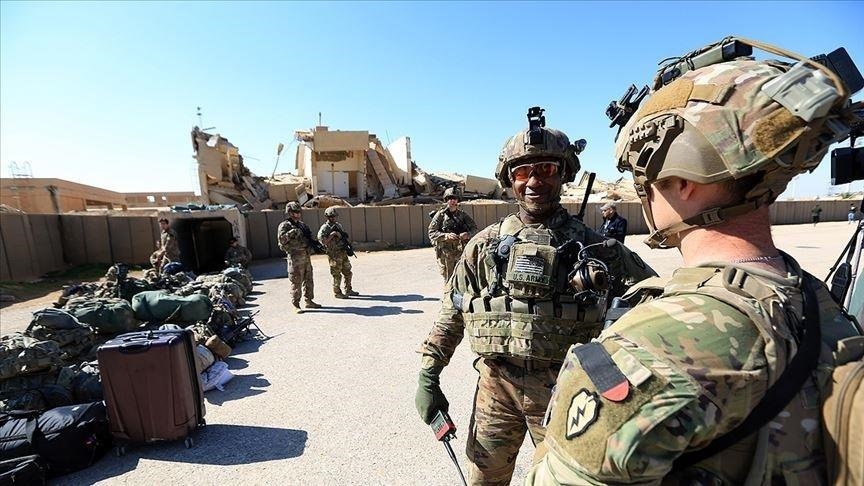 ABD’NİN AFGANİSTAN’DAN ÇEKİLİŞİ VE ORTA ASYA POLİTİKASI - 19.07.2021
ABD’NİN AFGANİSTAN’DAN ÇEKİLİŞİ VE ORTA ASYA POLİTİKASI - 19.07.2021
Deniz ÜNVER 20.07.2021 -
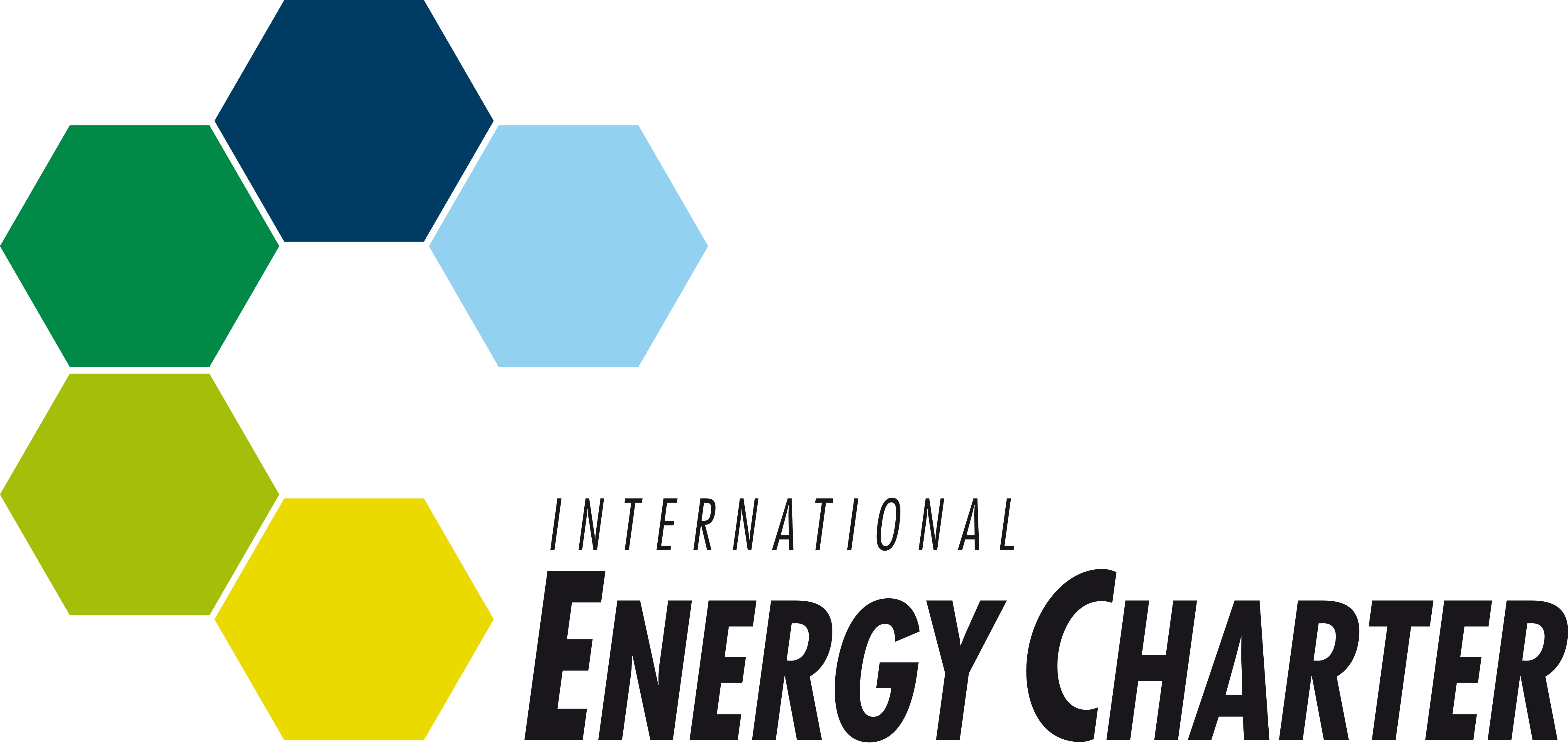 EU’S EXIT FROM THE ENERGY CHARTER TREATY (ECT) - 02.08.2023
EU’S EXIT FROM THE ENERGY CHARTER TREATY (ECT) - 02.08.2023
Deniz ÜNVER 02.08.2023 -
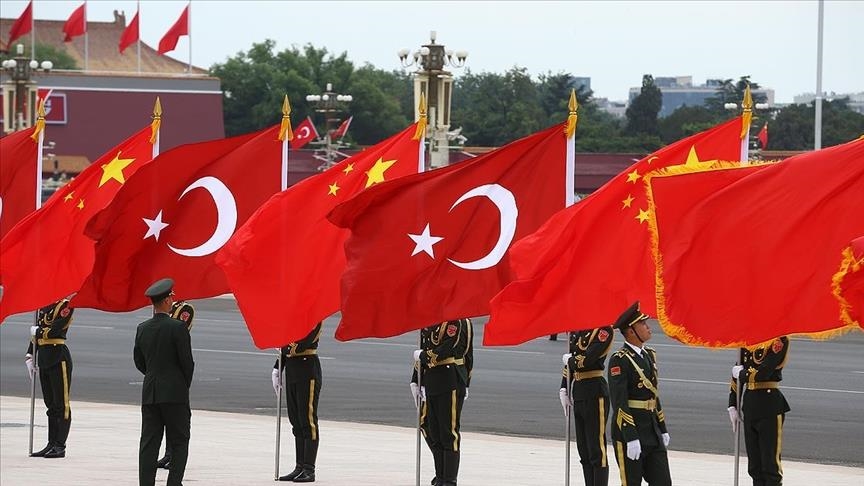 ÇİN-TÜRKİYE İLİŞKİLERİNİN DAHA DETAYLI BİR İNCELEMESİ - 28.03.2022
ÇİN-TÜRKİYE İLİŞKİLERİNİN DAHA DETAYLI BİR İNCELEMESİ - 28.03.2022
Deniz ÜNVER 29.03.2022 -
 WESTERN SUPPORT TO TERRORISM TARGETING TURKEY- 29.06.2022
WESTERN SUPPORT TO TERRORISM TARGETING TURKEY- 29.06.2022
Deniz ÜNVER 29.06.2022 -
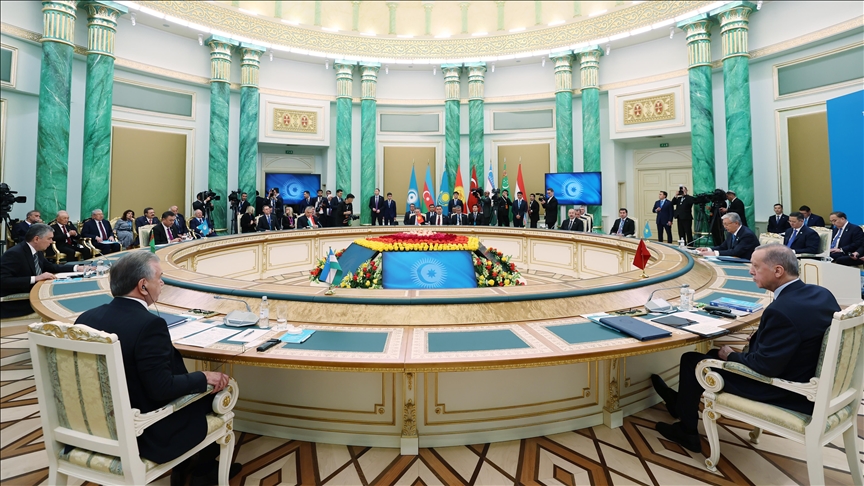 THE TENTH SUMMIT OF THE ORGANIZATION OF TURKIC STATES (OTS) - 08.12.2023
THE TENTH SUMMIT OF THE ORGANIZATION OF TURKIC STATES (OTS) - 08.12.2023
Deniz ÜNVER 08.12.2023
-
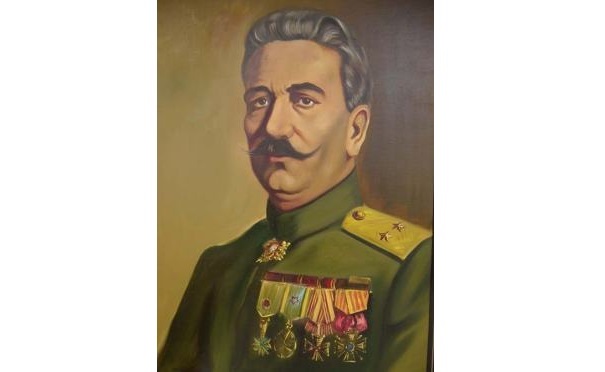 WHEN T.P. O’CONNOR MET GENERAL ANDRANIK - DRPATWALSH.COM – 29.07.2018
WHEN T.P. O’CONNOR MET GENERAL ANDRANIK - DRPATWALSH.COM – 29.07.2018
Pat WALSH 17.12.2019 -
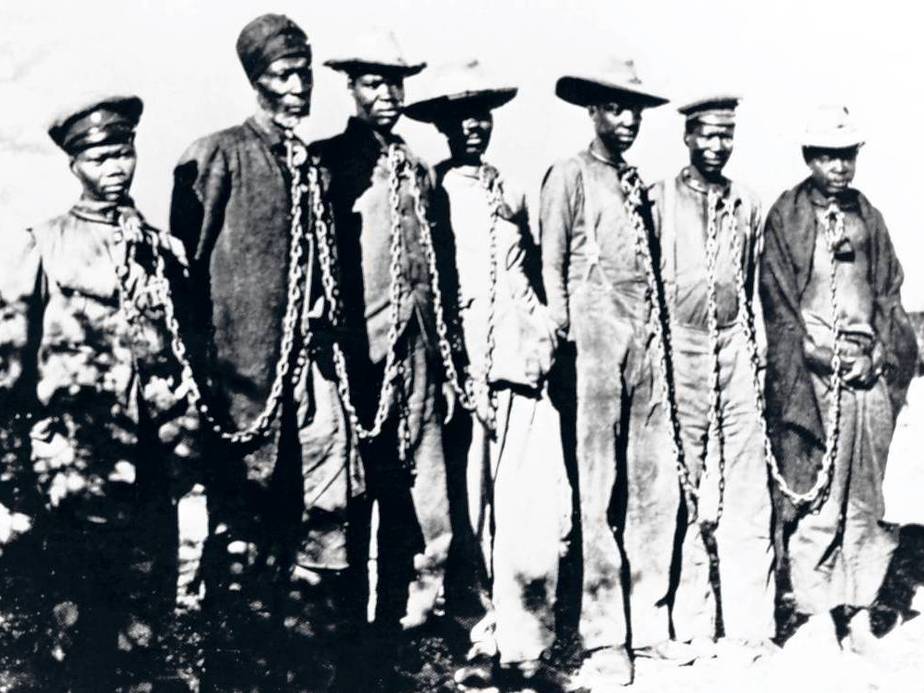 ALMANYA ÖTEKİ SOYKIRIMININ UNUTULAN HİKAYESİ İLE YÜZLEŞİYOR - WALL STREET JOURNAL - 28.07.2017
ALMANYA ÖTEKİ SOYKIRIMININ UNUTULAN HİKAYESİ İLE YÜZLEŞİYOR - WALL STREET JOURNAL - 28.07.2017
Gabriele STEINHAUSER 09.08.2017 -
SIRBİSTAN’DAN MAHKEME KARARINA FIRTINALI TEPKİLER
Erhan TÜRBEDAR 20.11.2012 -
THE RIGHT TO REFUTE
Tal BUENOS 24.04.2014 -
TÜRKİYE-ERMENİSTAN: ÇÖZÜM BEKLEYEN KOMŞULUK
Oya EREN 21.12.2009


